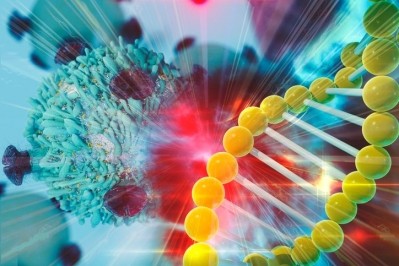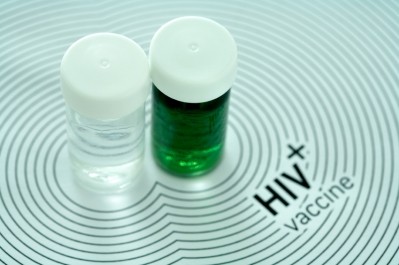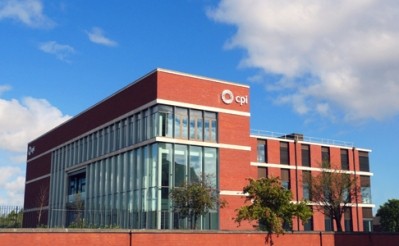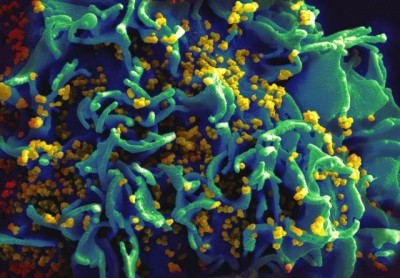Don't deny HIV patents lymphoma treatment, say US researchers
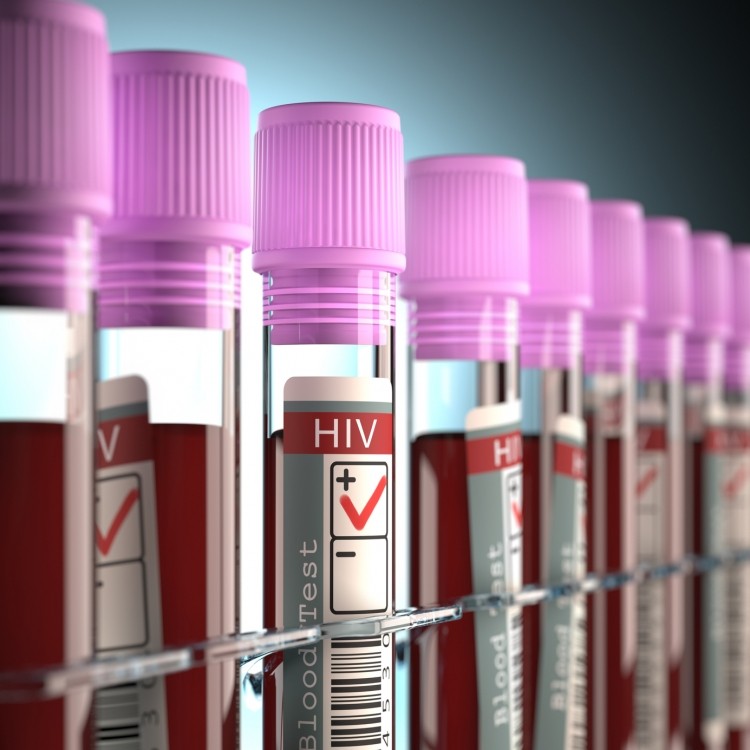
One of the most effective treatments for aggressive lymphomas is autologous haematopoietic cell cell transplant (AHCT), but doctors have been reluctant to treat HIV patients with such an aggressive approach for fear their immune systems would not recover.
The new phase II trial suggests those fears are unwarranted, as HIV-positive people are no more likely to suffer serious complications than uninfected lymphoma patients.
This is an important finding as cancers such as lymphoma are fairly common in patients with HIV, a consequence of the immune-suppressing nature of the infection. For non-Hodgkin lymphoma (NHL) for example, HIV-positive patients have a 25-fold higher risk of developing the disease than uninfected patients.
In AHCT, haematopoietic stem cells are harvested from the bone marrow prior to high-dose chemotherapy to destroy the body's blood cell-producing apparatus - including the malignant cells. The harvested stem cells are then re-infused in the hope they will re-populate the marrow with healthy blood cell populations.
Writing in the journal Blood, the researchers report that overall survival (OS) was the same regardless of whether or not the HIV patients with lymphoma underwent ASCT. There was no significant difference between the groups in terms of complications such as transplant-related toxicities, and the procedure seemed to have no impact on HIV control using anti-retroviral drugs.
After a median follow-up of 25 months, OS at one year and two years post-transplant was 87.3 and 82 percent, respectively, which was comparable to the rate seen in people without HIV.
The researchers avoided the use of certain HIV drugs and interrupted anti-retroviral therapy at key points during the procedure to avoid interactions with the chemotherapy drugs used in the trial (carmustine, etoposide, cytarabine, melphalan).
"These findings are remarkably important for a group of patients who, up until now, have been inconsistently treated," said lead investigator Joseph Alvarnas of City of Hope National Medical Center.
"Transplantation allows clinicians to treat the cancer most effectively by using more intense doses of chemotherapy than can typically be given," he added.
